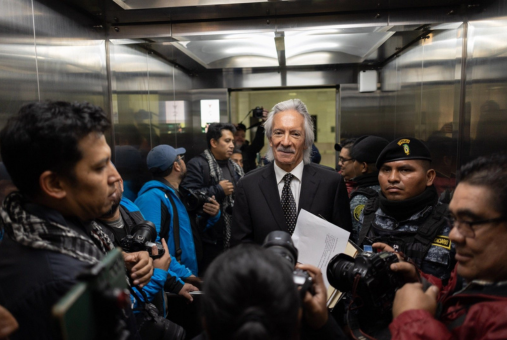
The director of former newspaper elPeriódico faces multiple criminal charges in cases international and national organizations criticize as flawed and politically motivated.

During a recent webinar, journalists and scholars from northern Central America describe the threats and violence they face at home. For some, it’s led to exile, but not to giving up.
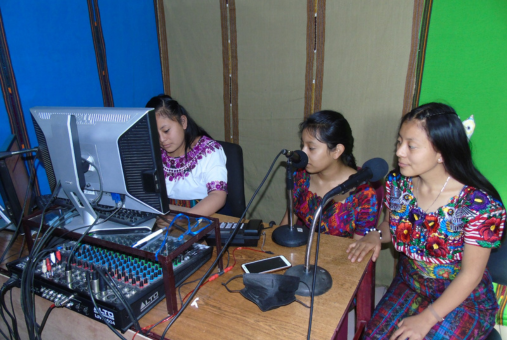
A new report says community media — mostly Indigenous — face harassment and censorship for exposing abuses by transnational corporations, even after a landmark court ruling ordered their protection.
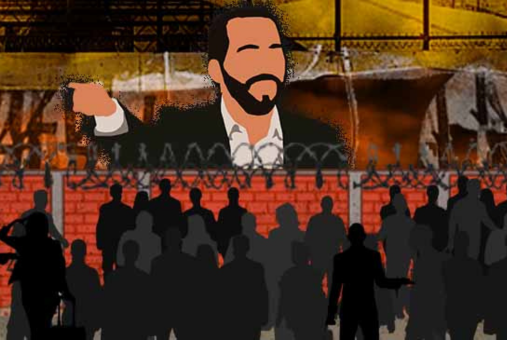
At least 47 journalists have fled to Guatemala, Mexico and Europe, as Bukele criminalizes the press and opposition.
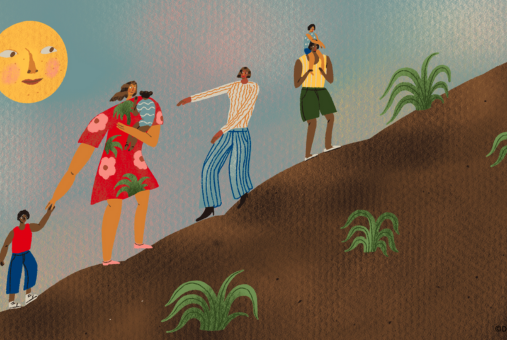
A new report finds online harassment, disproportionate caregiving burdens, and workplace bias are pushing exiled women journalists from Central America to altogether leave the profession.
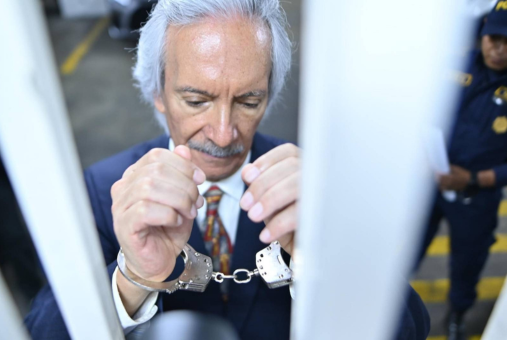
Zamora, known for exposing government corruption, was put behind bars after four months in house arrest. Press freedom groups say it’s part of an effort to silence critical reporting. It’s ‘arbitrary and illegal,’ his son José says.
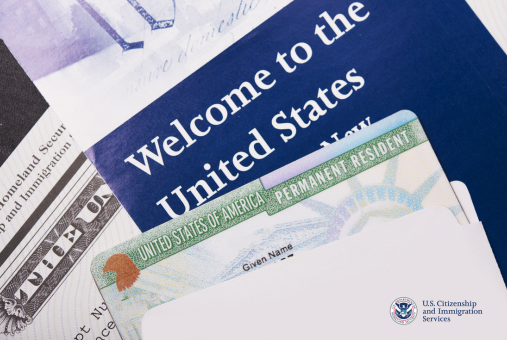
Exiled journalists face stalled asylum cases and the end of humanitarian parole. Those sent back to Nicaragua or Venezuela would return to regimes openly hostile to press freedom.
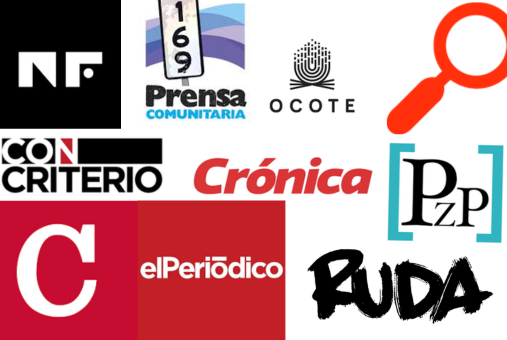
The Central American Independent Media Archive, founded by the son of imprisoned journalist José Rubén Zamora, seeks to ensure that journalism remains accessible in Central America despite persecution and censorship.
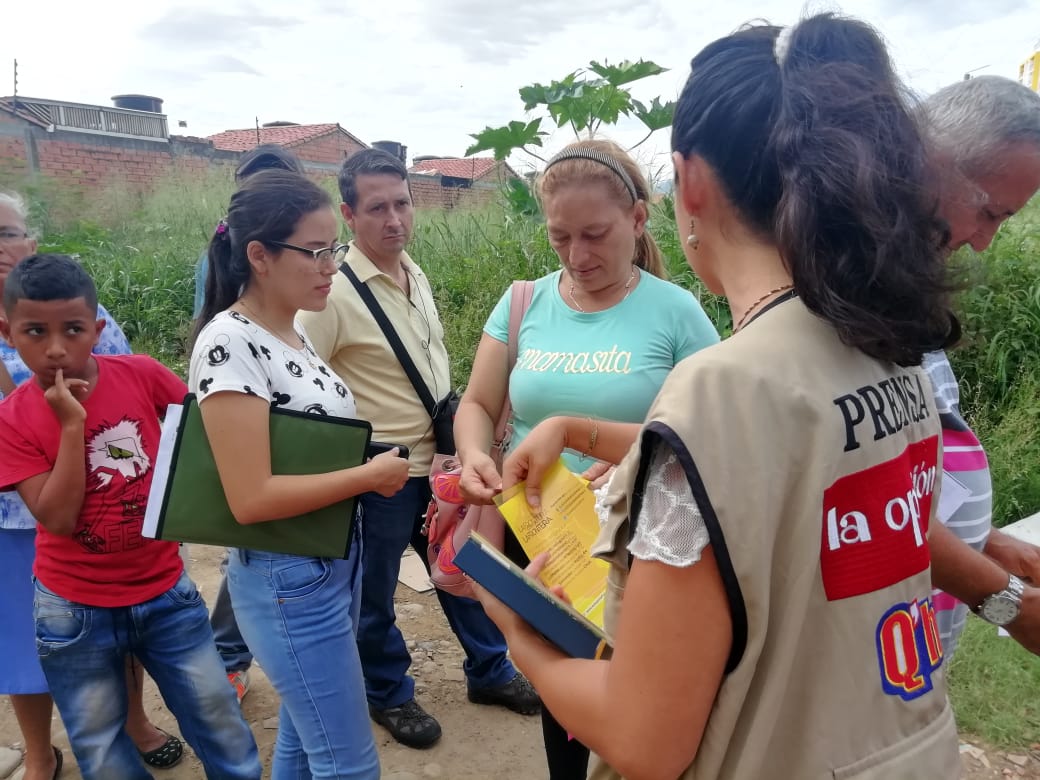
Countering narratives of hate, listening to migrants and delivering practical information are practices journalists who report on migrant communities are implementing to improve coverage ahead of possible measures from the U.S. president.
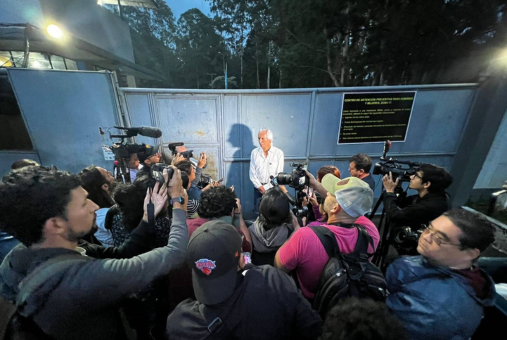
Zamora, known for exposing corruption, had been behind bars for more than two years in a detention observers say was mired in irregularities. “I have the spirit, courage and faith” to keep fighting, he says.
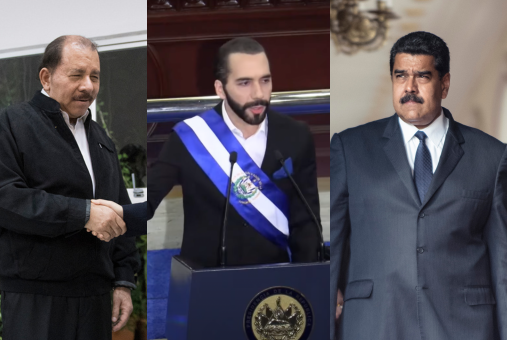
Lawmakers from the left and the right are drafting ‘foreign agent’ laws they claim protect their national sovereignty. They also threaten independent news outlets that rely on international funding.
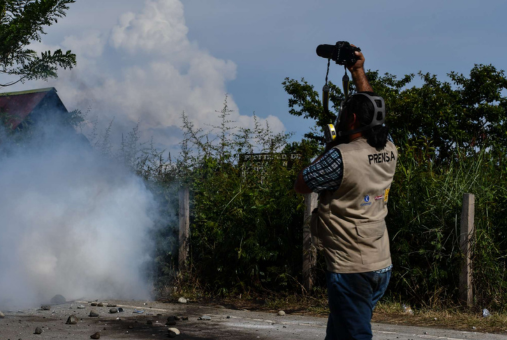
Despite threats, violence and criminalization against the journalistic profession in Guatemala, news agency Prensa Comunitaria has been changing the way women, youth and Indigenous peoples are covered in the media for 12 years.